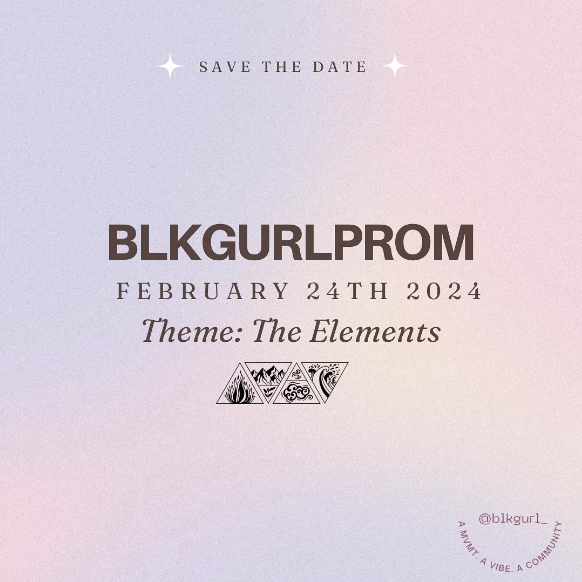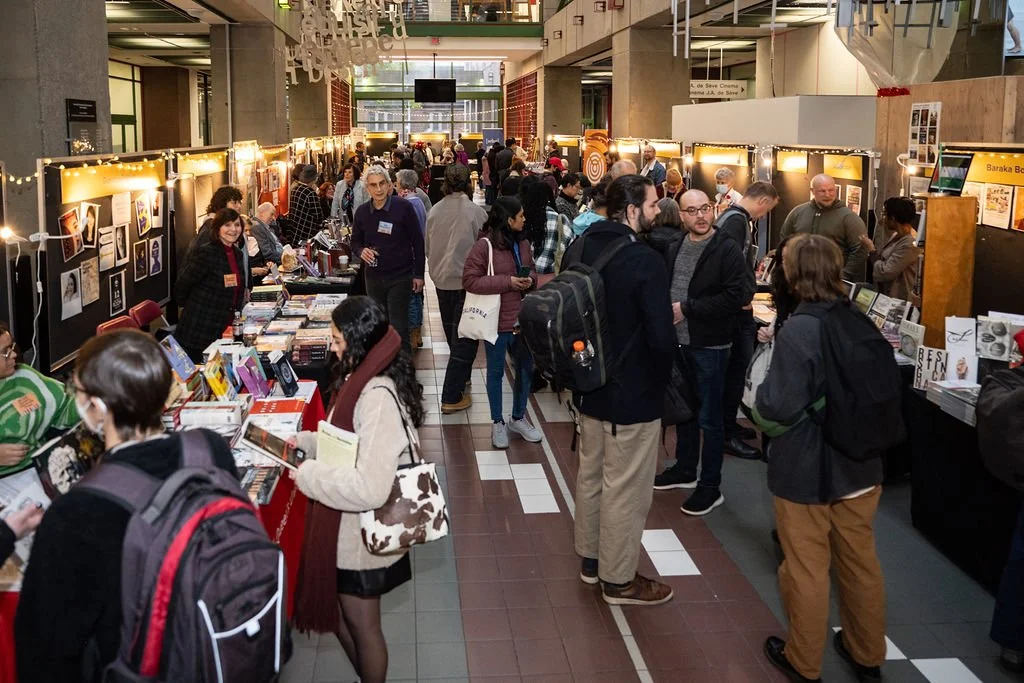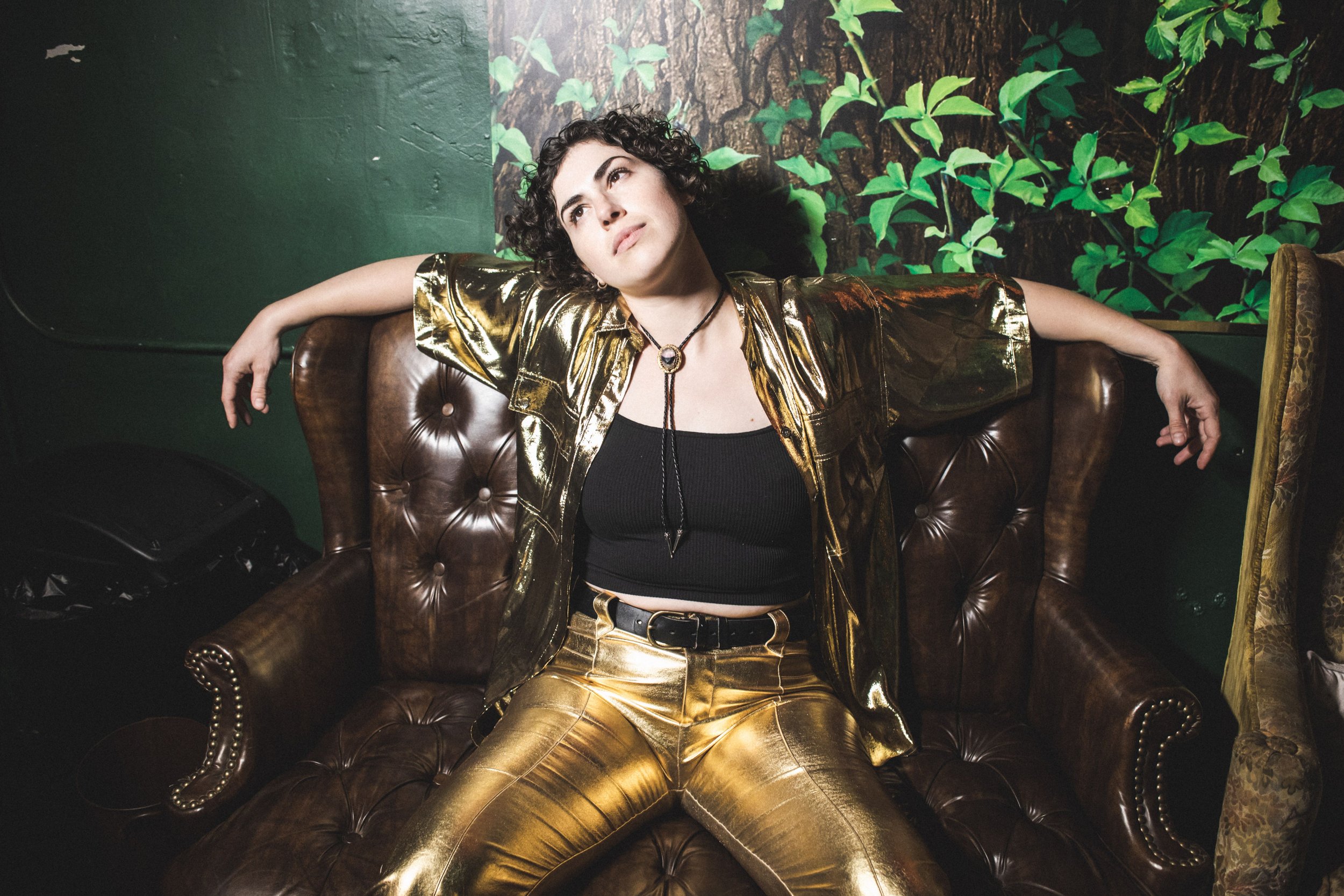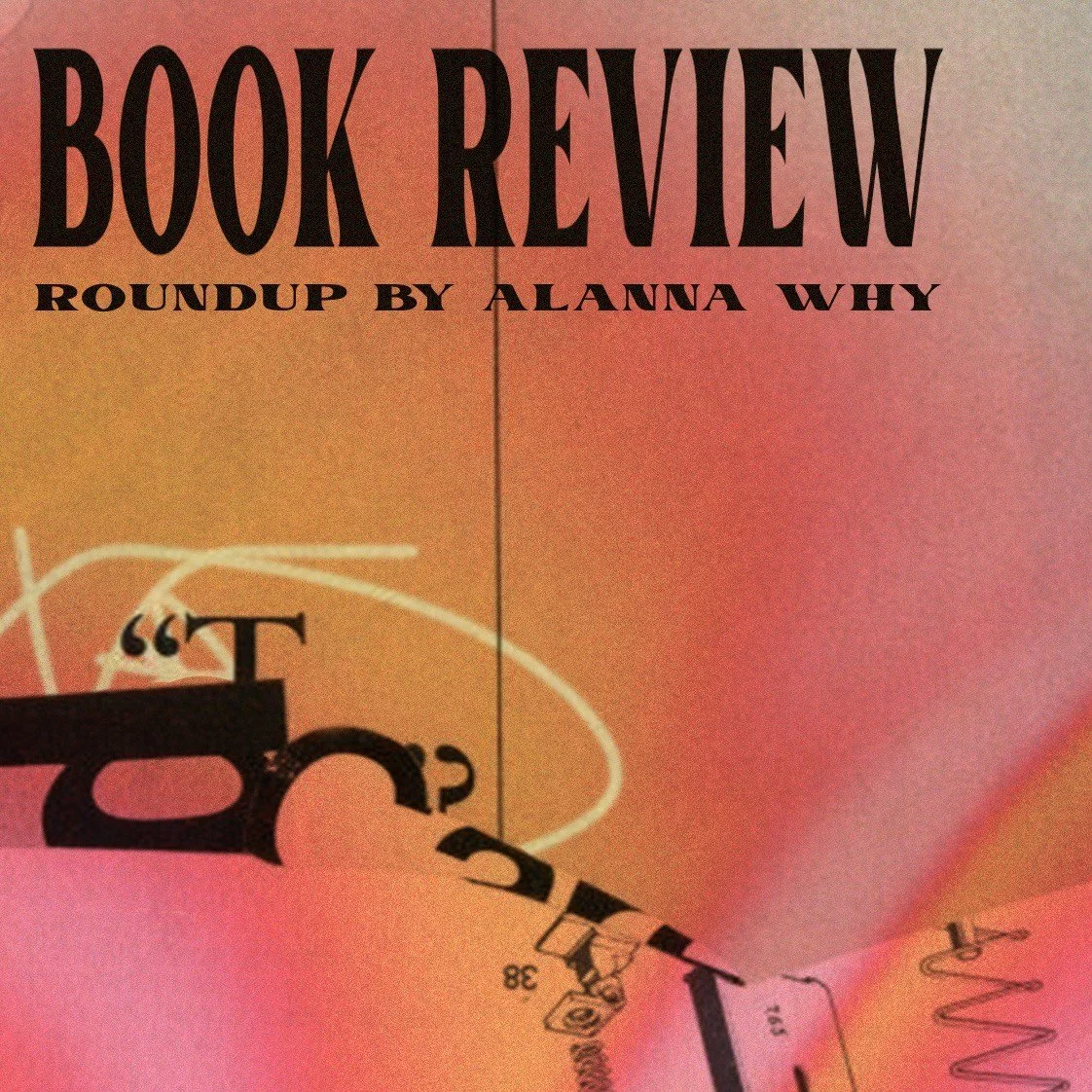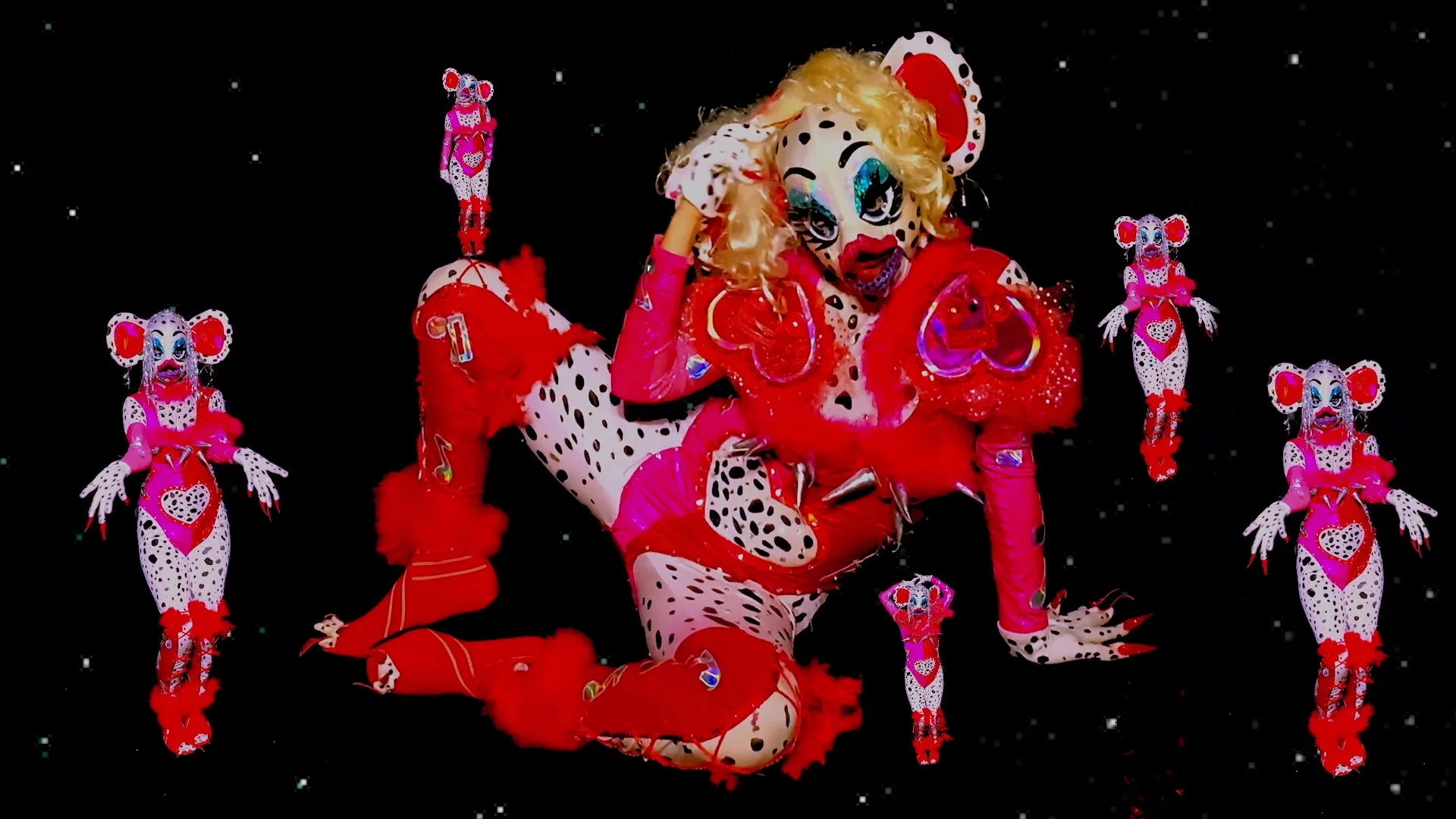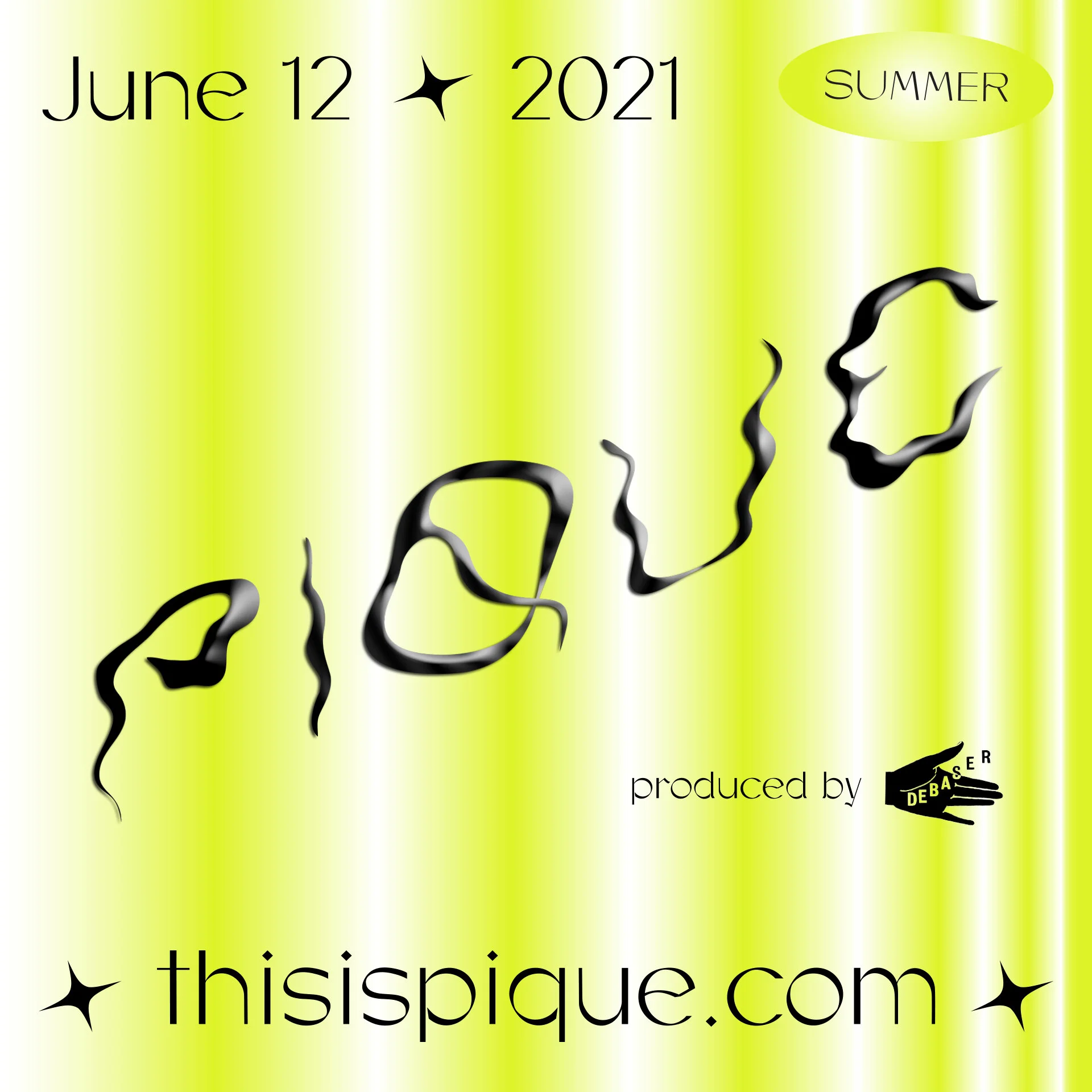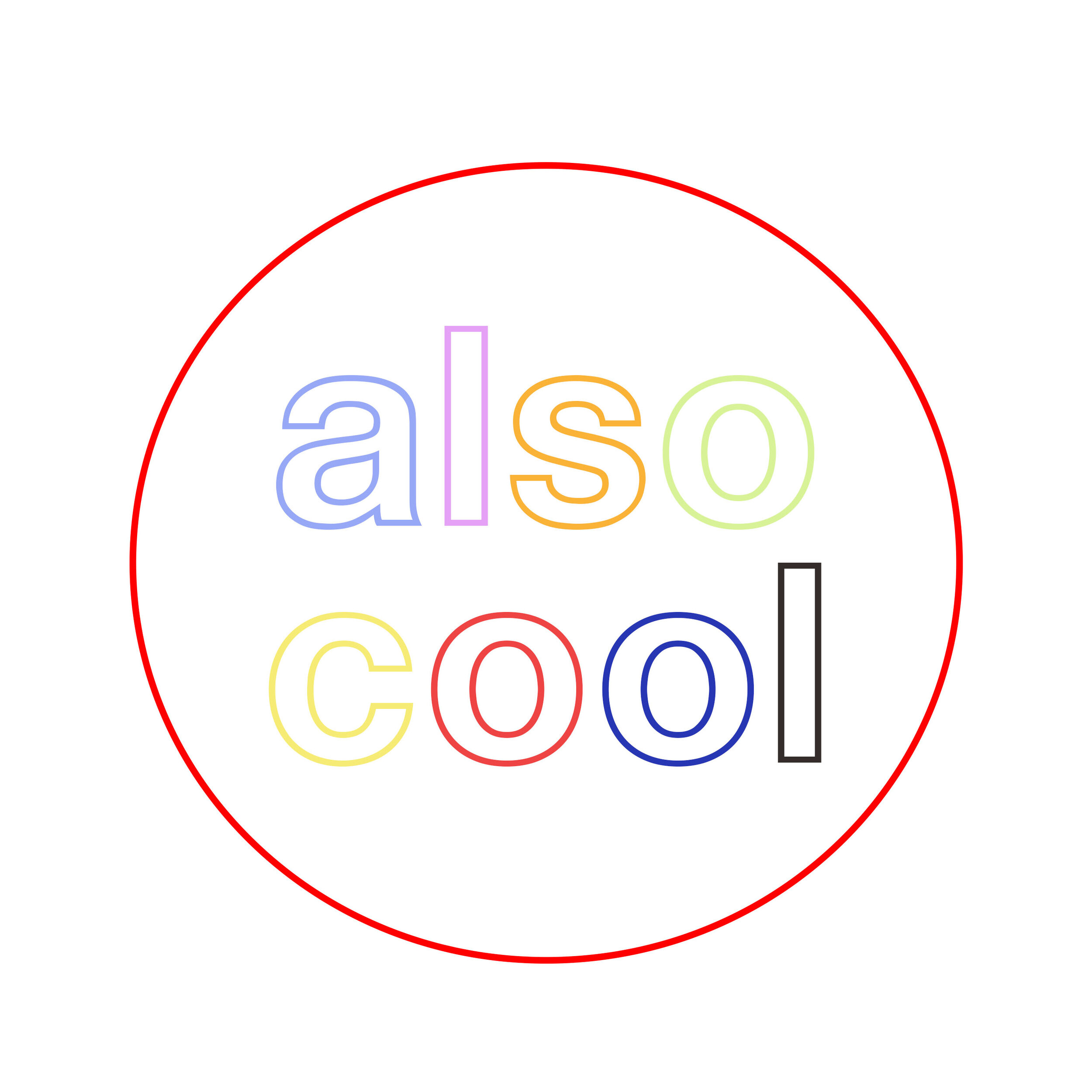Celebrating Black History Month 2024 in Ottawa and Montreal
Happy Black History Month! Whether you’re in Ottawa or Montreal, there are plenty of ways to celebrate and honour Black History Month across both of Also Cool’s respective headquarter cities. Below, find a non-exhaustive list of events spotlighting our local Black communities and uplifting the power and influence of Black history, culture and creativity. Be sure to keep up with the programmers and curators of these events to enjoy and support their endeavours all year round!
Ottawa Black History Month Roundup
The second edition of “Crépu: Our DNA” returns this coming Sunday, February 4th, at the Canadian Science and Technology Museum from 5pm-9pm.
Presented in collaboration between Hors Pair Social, The Moving Art Gallery and Ingenium, “Crépu: Our DNA” is a multidisciplinary Black hair art show, showcasing the complexity and innovation that Black folks have engineered in hair care.
Following the event’s extremely successful launch in 2023, the second edition of “Crépu: Our DNA” features artists from both Ottawa and Montreal, and offers a wide range of programming, from workshops on curly hair care to a hair-art runway.
Advance tickets are sold out! A limited number of tickets will be available at the door - arrive early!
In collaboration with the Ottawa Music Industry Coalition and Pass The Vibes, Produced By Youth presents FUBU (For Us By Us) at Club SAW on Wednesday, February 7th from 7pm-11:30pm.
Celebrating five years of Produced By Youth—a Black-led grassroots organization that delivers a unique music-making workshop program aimed at fostering a creative safe(r) space exclusively for Black youth ages 15-25—FUBU features a networking mixer, live performances, raffle prizes, games and more, for and by Black youth.
The FUBU lineup includes Produced By Youth Advanced Cycle alumni μames., Nonso, Chyme and Produced By Youth x Pass The Vibes DJs dj boatie & Mona Monet
Secure your pay-what-you-can tickets below!
Hip hop takes centre stage throughout February at the National Arts Centre eleven-day Hip Hop Theatre Festival. On now until February 10th, the inaugural event revolves around the text-based essence of hip hop. Programming includes battle rap, spoken word, staged readings, panels, concerts and virtual events “aimed at broadening our perspective on how we view and experience theatre at its core.”
On February 20th, Hors Pair Social invites you to celebrate Black History Month at the Algonquin Commons Theatre with The Ottawa Black Creatives Hub Performing Arts Showcase.
From 6:30pm-9pm, catch performances from musical artists, dancers, poets, and other multifaceted creatives representing Ottawa’s Black arts scene. The lineup includes Grey Brisson, N’nerjie, Sommer Knight, Malaïka Urbani, Chloe Bonnet, Miss Mcleod, Christjay, KingH509, Noni, Mxzy, Olivia Onuk, Carleton Afro Dance Crew AKA CADC, Jacqui Du Toit, Fitch Jean, and Kiera Meeks.
BLKGURL Prom takes Club SAW February 24th and this year’s theme is The Elements. Organized by BLKGURL—a grassroots collective dedicated to creating space, building community and uplifting Black women and gender diverse folks—BLKGURL Prom is the ultimate celebration of Black girl/gender non-confirming magic.
There is no dress code, but get ready to strut your stuff on the dancefloor! The event is free, and donations are welcome to support BLKGURL.
Please note that this a dry event. BLKGURL Prom is a closed event specifically for Black women, girls and gender/sexually marginalized people.
Montreal Black History Month Roundup
Also Cool had the pleasure of attending the opening night of Black Theatre Workshop’s Diggers at Segal Centre for Performing Arts. On until February 17th, this brilliant co-production with Prairie Theatre Exchange is the world premiere of the story of three essential workers—grave diggers—who make the best of a bad situation as townsfolk grow increasingly distant when illness hits their town.
This Saturday, February 3rd, the second edition of Frky x Listen takes La Sotterenea from 8pm-10:30pm to celebrate Black musical heritage on the dancefloor. Spanning multiple genres, from jazz, hip hop, house, afrobeat and more, this free event brings together members of the music scene to honour Black history month and the rich tapestry of Black music and its influence.
The lineup features Mauro Pezzente, Donald D, Lexis (Music Is My Sanctuary), Dapapa, Blackgold, Sisters of Sim, Living Legends, Mathieu Grondin, Quest, Inobe, Jesse Walker, ESC, Duke Eatmon, and Supernature.
The next edition of Also Cool x Mags Drink n’ Draw is coming up on February 21st at Système! Bring your friends (or make new ones), vibe to tunes supplied by DJ JU!CE, and enjoy the best food and drink in town as you unlock your artistic side. This Drink n’ Draw will have a special colouring page for Black History Month, made in collaboration with a surprise local music group!
More details coming soon - save the date!
BLK WinterFest is fostering nothing but Black joy in the middle of winter! Organized by Hike Mtl, BLK WinterFest is a month-long happening, offering winter activities (skating, skiing, snowboarding, cross-country skiing, snowshoeing and ice climbing) every weekend for the Black community throughout the month of February.
Open to all ages and skill levels, BLK WinterFest is the perfect opportunity to gather with family and friends for a fun outdoor excursion!
From February 7th to March 10th, experience the story of American Black civil rights pioneer Claudette Colvin. Presented by the Phi Centre, Colored: The Unknown Life of Claudette Colvin, is an augmented reality installation that uses the HoloLens 2 (an augmented reality headset) to transport the viewer through Colvin’s life in segregated Alabama.
Learn more about this immersive and powerful exhibition here.
For more Black History Month programming in Ottawa, see this list compiled by Hors Pair Social and visit Black History Ottawa.
For more Black History Month programming in Montreal, visit mtl.org and Table Ronde.


